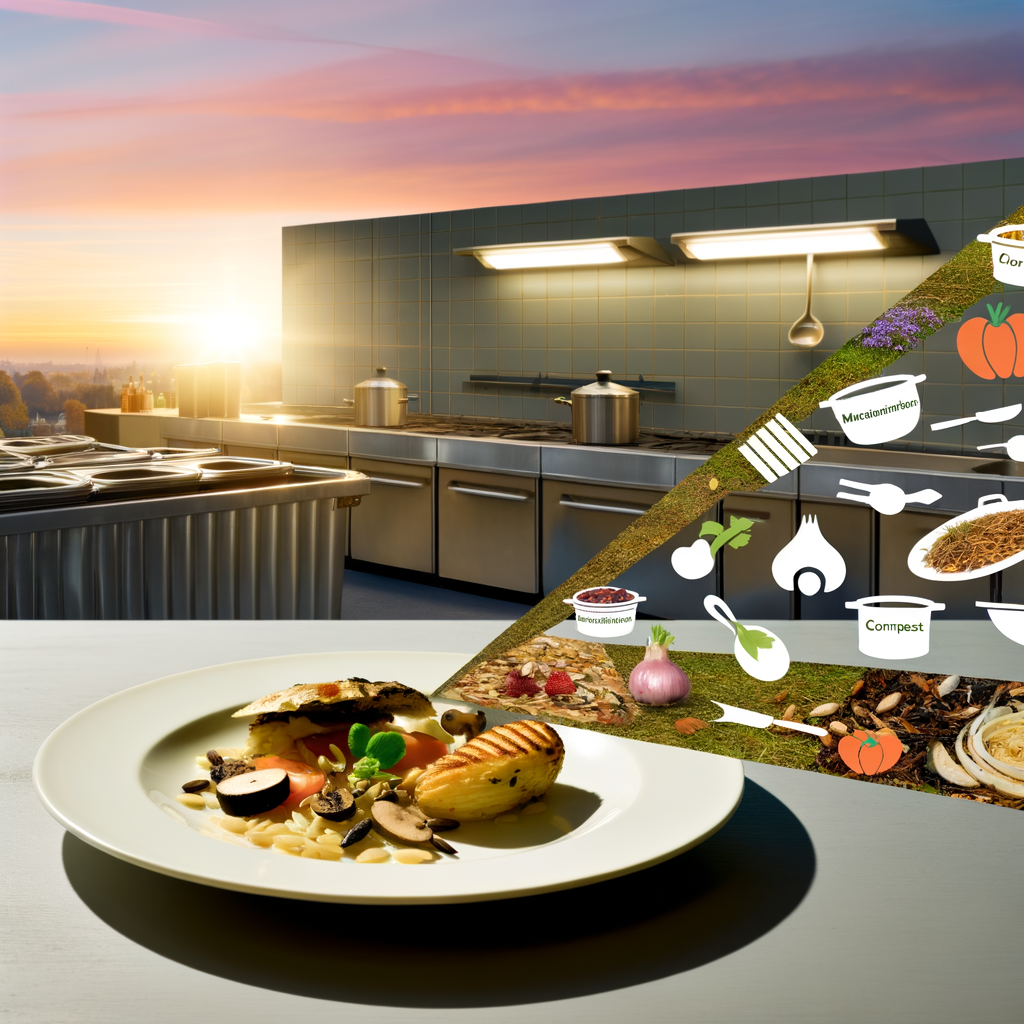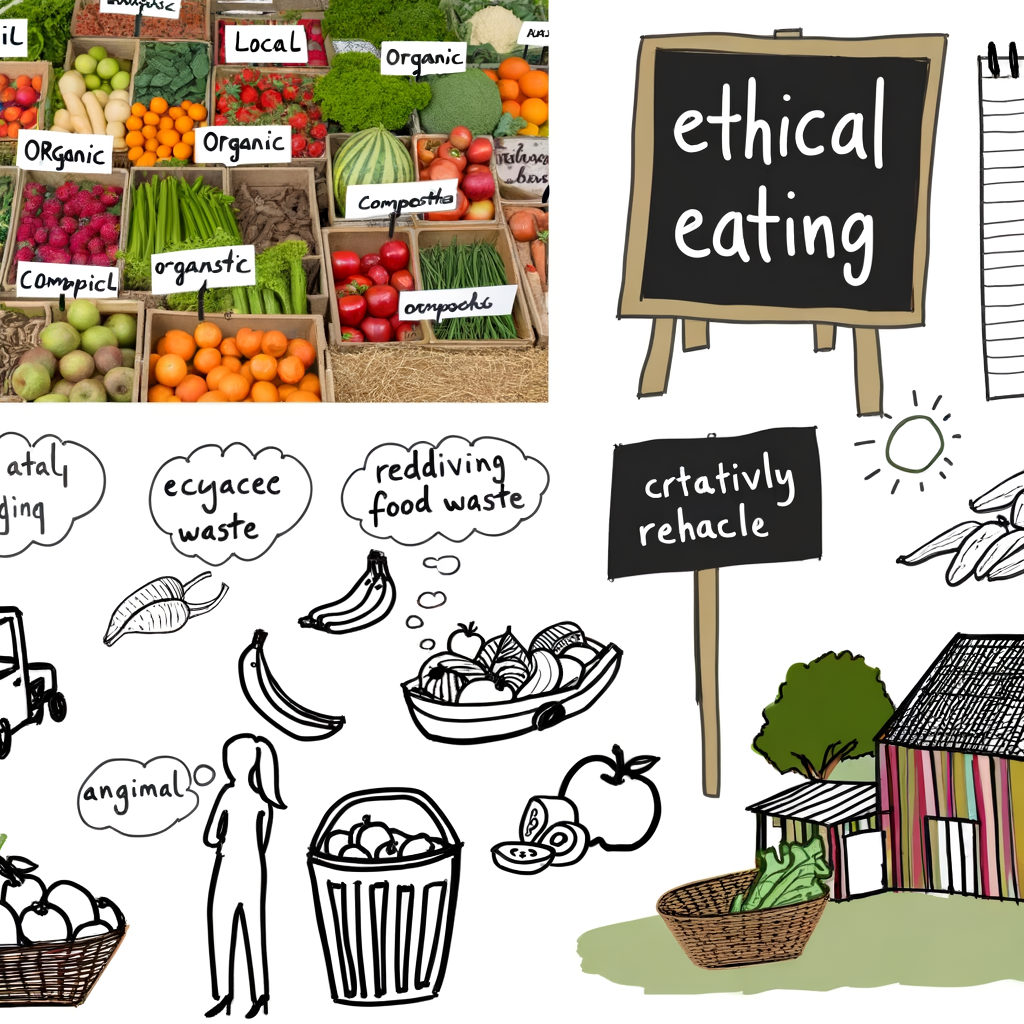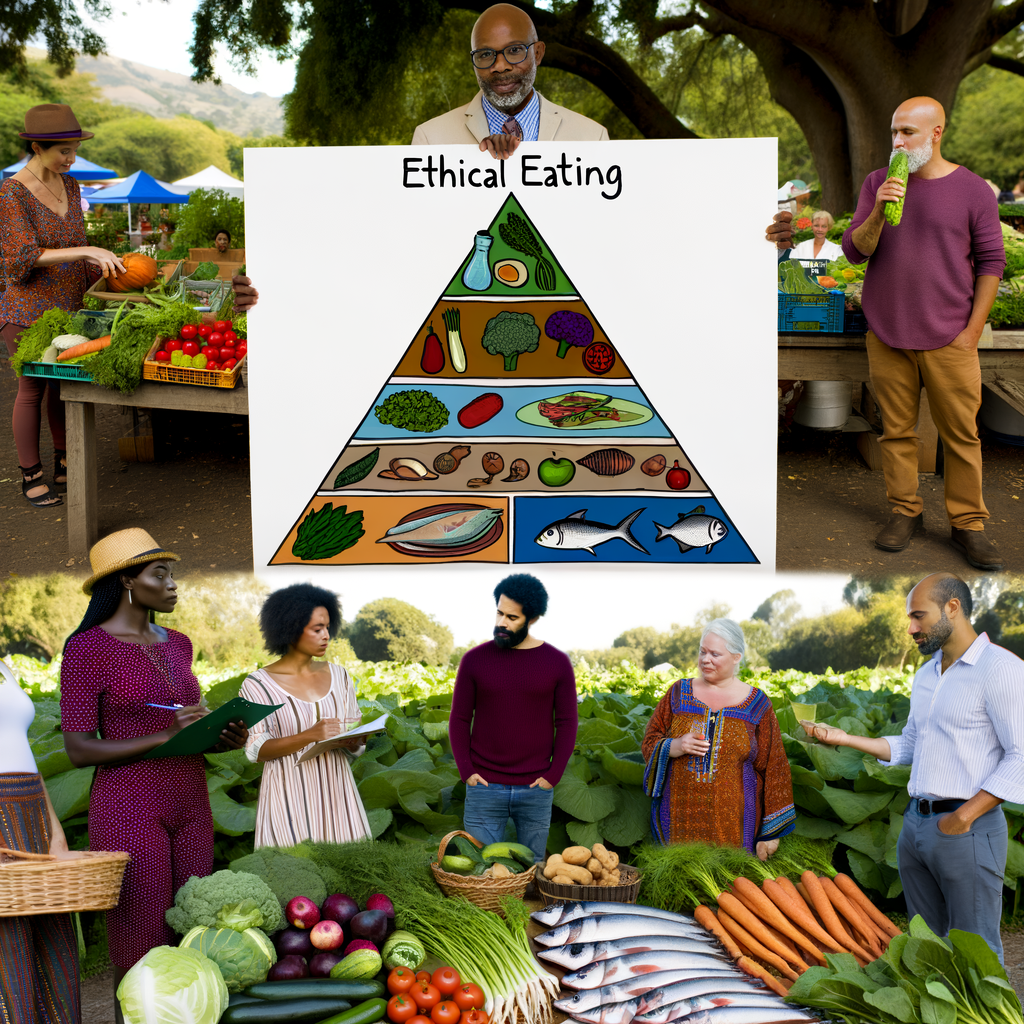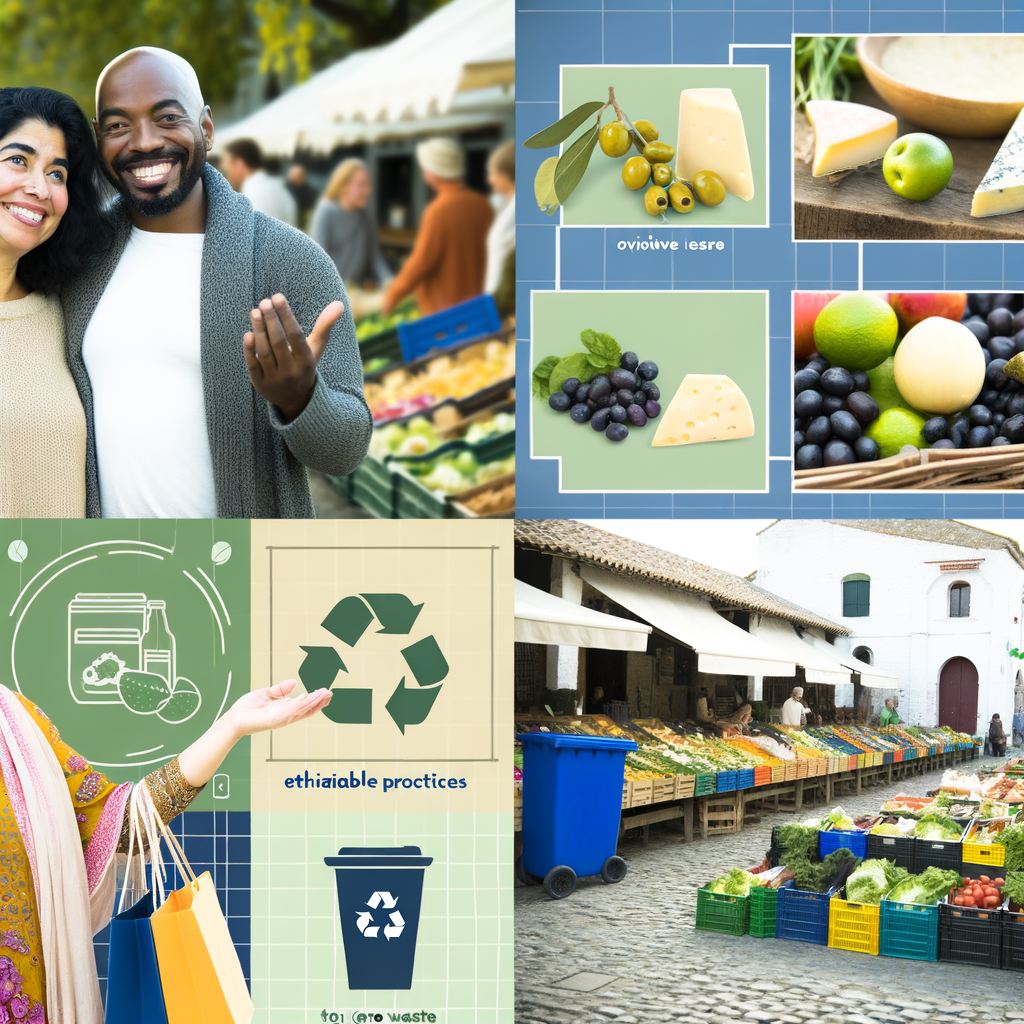In recent years, there has been a growing awareness and concern surrounding the impact of our food choices on the environment and animal welfare. As an expert chef in European cuisine, it is my responsibility to not only create delicious dishes, but also to promote ethical and sustainable practices in the food industry. In this article, I will discuss the importance of ethical eating and how we can incorporate sustainable practices into our daily lives.
First and foremost, it is crucial to understand the impact of our food choices on the environment. Industrial farming and large-scale production of meat and dairy products contribute greatly to greenhouse gas emissions, deforestation, and water pollution. By choosing to support local and organic farmers, we can reduce our carbon footprint and support sustainable farming practices. Additionally, incorporating more plant-based options into our diets can have a significant positive impact on the environment.
Ethical eating also means considering the welfare of animals. In many European countries, factory farming is still a common practice, where animals are kept in inhumane conditions. By opting for ethically sourced meat and dairy products, we can ensure that the animals have been treated with respect and dignity.
As chefs, we have a unique opportunity to influence and educate our customers about ethical eating. By sourcing ingredients from local and sustainable farms, we can create delicious and environmentally friendly dishes. We can also reduce food waste by using every part of an ingredient and incorporating more plant-based dishes into our menus.
In conclusion, ethical eating is not just a trend, but a crucial step towards a more sustainable future. As Europeans, we have a rich culinary heritage, and it is our responsibility to preserve it by making ethical and sustainable food choices. Let us embrace sustainable practices and create a better future for our planet and future generations.





